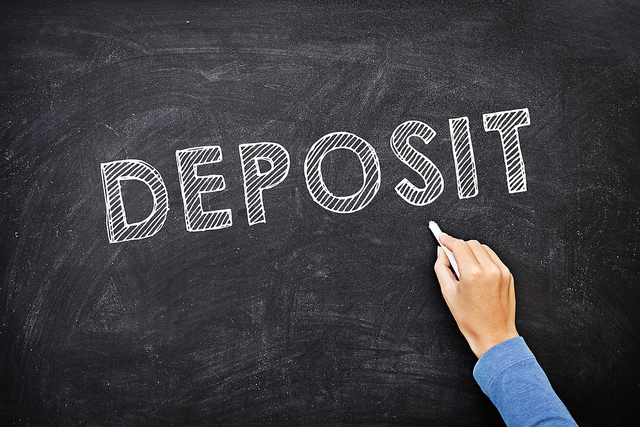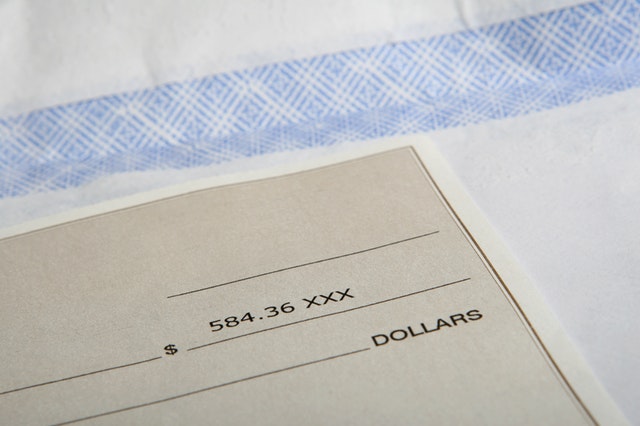The Low-Down on Car Deposits
In the second-hand car market, it’s not uncommon to encounter sellers who are looking for some security to close a deal. That is, if you are hoping they will hold onto the vehicle while you stump up the cash, then it’s only fair that a deposit be placed. Not only does this show that your interests are legitimate but it protects the seller in case you pull out of the deal when they have other interested buyers.
When it comes to the new car market, a deposit isn’t strictly essential when applying for finance to secure the car you want. However, by doing so, it can make your life a whole lot easier, as you’ll have a larger choice of financiers to deal with, not to mention, scope to achieve better terms for any finance on the vehicle.
With this in mind, before you make the decision to put down a deposit for a car, consider these vital points.

First things first, it’s all about due diligence
Because there are often caveats dictating the instances in which a car deposit may be refunded, or the ability to back out of a loan, there is nothing more important than being sure this car is the car for you. It’s one thing to think that the car is what you’re after but until you’ve taken it out for a spin, and looked into its detailed history, you’re really just taking a punt – and a risky one at that.
Be sure to arrange a test drive. If it’s a second-hand vehicle, look into the vehicle’s service history and general condition to see if there might be any gremlins hiding under the hood. Most importantly, check the Personal Property Securities Register (PPSR) to ensure that the car has a clean bill of history – that is, it’s neither stolen, written-off, or under finance.
A contract speaks louder than everything else
If there was ever a more important thing when it comes to buying a car, it’s hard to go past a contract. This will not only outline the terms of the sale, and for any finance you have secured, but define each party’s rights in the event of a disagreement.
Verbal discussions and agreements might be fine for low value asset purchases but a car is not one of them. Always draft a contract – even a simple one – to define the terms surrounding the deposit and under what circumstances you can reclaim it. Every reputable dealer will also deal with you through a contract, so if you ever have any resistance on that point, run!

Relieve pressure by negotiating
Although a dealer or private seller may claim to have other prospective buyers waiting in the wings, it’s crucial you do not rush the abovementioned due diligence on account of feeling pressured into the sale. Whether it is the terms of the sale, conditions of the deposit with your financier, or the dollar figure associated with either aspect, always try to bargain your way to a better outcome.
If you feel as though the dealer or seller is trying to close the sale quickly, there may or may not be legitimate reasons. But remember, reversing a bad decision is a far more complex and unlikely task than finding another suitable vehicle to buy.
Put down what you can afford
The trade-off between a deposit or higher up-front purchase price will follow you for years to come. So always make sure that you weigh up your financial position, including ability to meet repayments, job security and the like. Speak to a financial adviser if necessary, as it’s important you get that loan-to-value ratio spot on.